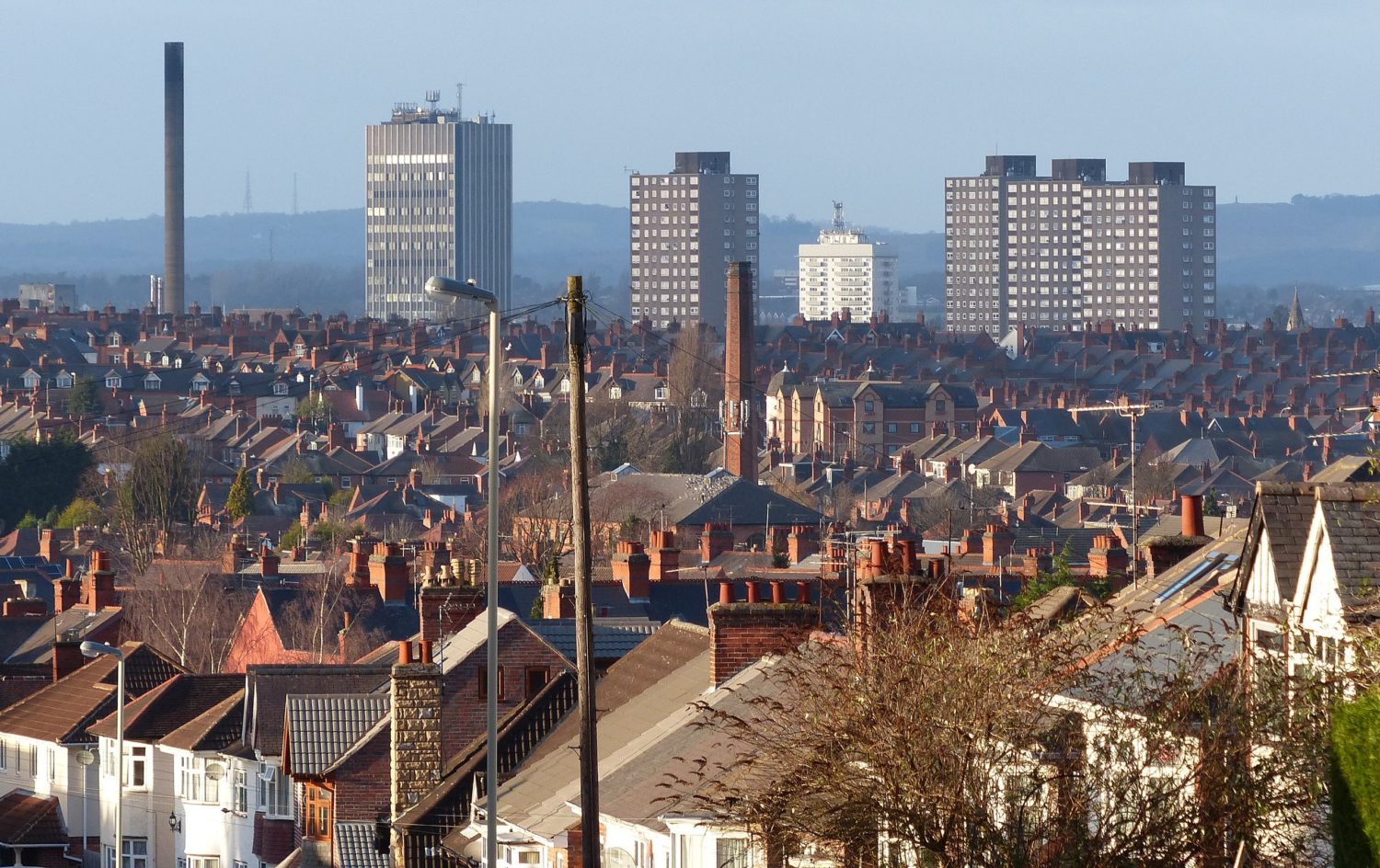On Trend
Ruth MacGilp: regulating the fashion industry would help address both the cost of living crisis and climate change
Decades of campaigning for a crackdown on poor practices in the fashion industry are finally starting to yield results. The Competition and Markets Authority recently launched an investigation into ASOS, Boohoo and Asda to scrutinise their sustainability claims and, it is hoped, hold them to account for greenwashing tactics that might mislead climate-concerned consumers.
And Liz Twist, the Labour MP for Blaydon, has introduced a private member’s bill on the fashion supply chain, which would introduce a strict code of practice for retailers and appoint a trade adjudicator to enforce compliance.
This call for a fashion watchdog attempts to tackle the shameful working conditions and poverty pay, particularly in Leicester’s garment factories, where many clothes sold by online retailers like Missguided and Boohoo are produced.
In recent times we have seen growing media attention on British fashion retailers – but there is a much larger systemic issue that undermines the legitimacy of the entire industry: fashion is built upon a system of exploitation that leaves the majority of its workers desperate and destitute. And so far, voluntary measures from individual brands and coalitions of PR-hungry luxury labels have not been enough to tackle the deep roots of inequality in the supply chain.
The canary in the coalmine here is living wages. At present, 96 per cent of brands do not publish the number of workers in their supply chain who are paid a living wage. This is according to the 2022 Fashion Transparency Index, which reviewed public disclosure on social and environmental issues from the world’s 250 largest fashion brands.
In the UK, workers in two Leicester factories were found to be earning a dismal £3.25 an hour – significantly less than the legal minimum wage. Meanwhile, some of the country’s richest individuals can be found in the fashion industry. For example, founder of Manchester-based brand PrettyLittleThing Umar Kamani is reportedly worth £331m and is regularly photographed alongside private yachts and million-dollar diamonds.
Irresponsible purchasing practices keep this wheel of poverty spinning for workers. The Fashion Transparency Index 2022 also found that just 11 per cent of brands disclose a 60-day payment term. This means consumers are often wearing new clothes long before the suppliers get paid, and the people stitching those clothes together wait even longer for their paycheck to arrive.
In May, when Missguided entered administration, suppliers lamented that they were still awaiting payment for orders completed months before. Now the suppliers are expected to receive less than 2 per cent of the £30m they are owed, leaving workers even more out of pocket, a cruel echo of the order cancellations crisis during lockdown.
Transparency around these purchasing practices is abysmal, meaning we still do not know the extent to which brands are failing to uphold timely payments and therefore pushing workers into toxic cycles of debt. Clearly, we cannot wait for corporate social responsibility; legislation is needed now to hold brands to account.
This issue is closely linked to intersecting crises currently facing the most vulnerable people in the UK. During the pandemic, women working in garment factories were four times more likely to die from Covid-19 than women in any other occupation, including healthcare. These women – who make up the majority of garment workers globally – are often responsible for unpaid domestic work at home, in addition to long hours on the factory floor. Research has also shown that poverty is a root cause of gender-based violence, so earning a living wage could help lift fashion’s millions of unseen women out of a cycle of exploitation and abuse.
Living wages are also connected to sustainability. Against the backdrop of the climate crisis, the fashion industry continues to increase clothing production by 2.7 per cent per year, putting immense pressure on suppliers and workers alike. This business model relies upon customers buying too many clothes and treating them as disposable and our planet cannot sustain it. Paying workers enough to earn a decent living in a standard working week could have the potential to slow down overproduction and therefore environmental impacts by forcing clothing companies to assume the real cost of labour.
To address this imbalance of wealth and power in the fashion industry, a group of campaigners in the EU have launched Good Clothes, Fair Pay. This new campaign is demanding living wages for the people who make our clothes around the world. It also calls for EU legislation requiring fashion retailers selling to the EU market – which includes most major UK and international brands – to conduct due diligence on living wages in their supply chain.
Fashion may not appear to be a top priority for the left in the UK. But the triad of the cost of living crisis, the climate emergency and the ongoing pandemic make regulating the fashion industry a crucial step towards social and environmental justice.
Image credit: Mat Fascione via Wikimedia Commons

